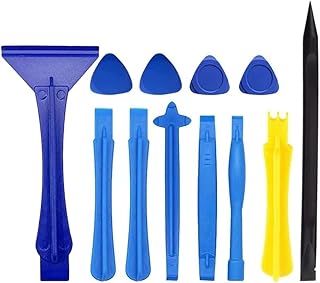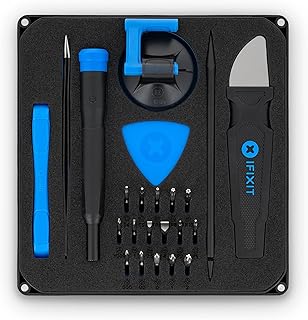A grassroots movement in Australia is tackling the country’s mounting electronic waste crisis through the establishment of repair cafes. These cafes serve as community hubs where volunteers with diverse skills come together to fix broken household items, diverting them from landfills and extending their lifespan.
At a repair cafe in Sydney’s north, volunteers, including retired engineers and technicians, gather twice a month to repair a variety of items such as electrical devices, handbags, toys, clothes, and gardening tools. Co-founder Wendy Dwyer highlights that around two-thirds of the 1,000 items brought in annually are successfully repaired, emphasizing the environmental and financial benefits of this initiative.
However, the repair cafe movement is a response to a larger issue. Australia is facing a growing influx of foreign-made electrical goods that are often difficult or costly to repair. With the national household appliance market projected to exceed $13 billion, experts warn that the country is becoming a significant contributor to the e-waste stream.
Professor Leanne Wiseman from Queensland’s Griffith University notes that Australians’ consumption of electronic equipment is substantial, leading to a surge in e-waste as products break beyond their warranty periods. This trend underscores the urgent need for measures like the ‘right to repair’ legislation, which would grant consumers and businesses easier access to affordable repairs and spare parts.
The Australian Repair Network (ARN) has been advocating for such legislation, aligning with global efforts to promote sustainable practices in product manufacturing and repair. By adopting a ‘right to repair’ regime akin to Europe’s Ecodesign directive, Australia aims to reduce waste, enhance productivity, and align with international standards.
Repair cafes not only contribute to waste reduction but also embody the principles of a circular economy by promoting reuse and resource efficiency. Volunteers at these cafes, like those in Lane Cove, work to repair items ranging from shoes to household appliances, demonstrating a practical approach to combating environmental degradation and carbon emissions.
Wendy Bishop, a co-founder of the Lane Cove repair cafe, emphasizes the community-building aspect of these initiatives, envisioning a future where every council in Australia hosts a repair cafe. Such grassroots efforts align with broader sustainability goals and offer tangible solutions to the challenges posed by excessive consumerism and waste generation.
As Australia grapples with its role as a significant contributor to global electronic waste, the emergence of repair cafes represents a proactive step towards fostering a culture of repair, reuse, and environmental stewardship. By empowering individuals and communities to engage in sustainable practices, these initiatives pave the way for a more resilient and resource-efficient future.
📰 Related Articles
- Keep Australia Beautiful Reduces Litter Through Community Engagement
- Essendon AFL Team Fosters Community Through Player Engagement
- Worcestershire Couple Creates Charming Micro Pub in Historic Home, Fostering Community Engagement
- Women’s Sheds Empower Australian Women Through Skill Building and Community
- University of Western Australia Cultivates Global Leaders Through Engagement






